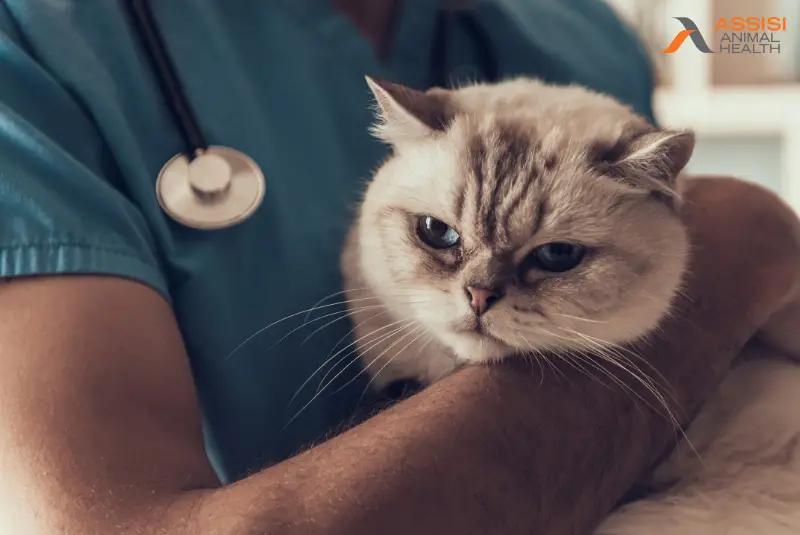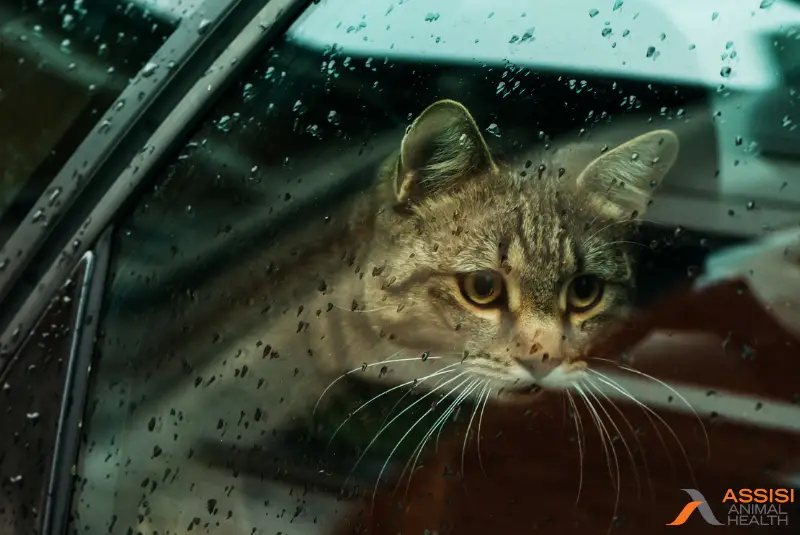Reflecting on 2018: A Year of Natural Disasters and Community Resilience
As we look back on 2018, it is essential to acknowledge not only the moments of joy but also the challenges posed by a series of devastating natural disasters across the country. This year witnessed an assortment of environmental calamities, including floods, tornadoes, hurricanes, storms, and notably, catastrophic wildfires that have left an indelible mark on communities nationwide.

The Cat Lover’s Community: Sharing Successes and Lessons
The feline-loving community is a unique and tightly knit network. Cat owners frequently share their triumphs and setbacks on social media, which fosters a spirit of learning and camaraderie. Whether discussing new healthy cat foods, effective litter options, engaging toys, or significant advancements in feline health, it is vital for members to continue sharing valuable experiences.
Natural Disaster Preparedness: Essential Steps for Cat Owners
The term “natural disaster” should always be paired with the concept of “preparedness.” Here are critical steps that every cat owner should consider to ensure readiness for emergency evacuations:
- Keep Vaccinations Up-to-Date: Ensure your feline’s vaccines are current and that you can easily access proof of vaccination. Create an envelope to store necessary documents you might need if evacuating to a shelter or boarding facility.
- Microchip Your Cat: In stressful situations, cats may hide or escape. Microchipping is a reliable way to facilitate their safe return should they get lost. Most veterinary offices and animal shelters have universal chip readers.
- Have a Crate Readily Available: Prepare a crate for your cat ahead of time. If evacuation is on the horizon, placing your cat in the crate early can save you from a last-minute search during a crisis. Pack food, litter, and medications in a small bag for quick access.
- Research Pet-Friendly Accommodations: Identify hotels and shelters in your area that welcome animals. Familiarize yourself with local guidelines and your evacuation routes.
- Leave an Evacuation Note: If you must evacuate, leave a note on your door indicating that you have safely left with your pets. This helps rescue workers prioritize their efforts to assist those who are still in danger.
- Preparedness Equals Sound Decisions: Being well-prepared allows you to make informed decisions without the stress of an emergency situation weighing heavily on your mind.

Long-Term Support for Cats Affected by Wildfires
The aftermath of the recent wildfires has been particularly tough on our feline friends, with many suffering from burns and respiratory distress. We extend our gratitude to the dedicated veterinarians, technicians, and volunteers tirelessly working to provide care. Organizations like the California Veterinary Medical Foundation and the North Valley Animal Disaster Group have been instrumental in coordinating efforts to assist animals in distress.
Our partners at Assisi Animal Health have dispatched resources to clinics in need and are actively supporting recovery initiatives through their Loop Lounge. The road to recovery is long, but collective efforts can yield substantial progress.
Conclusion: Building a Prepared Community for 2019
By prioritizing preparedness for ourselves, our pets, and our communities, we can effectively mitigate the impact of future disasters. Entering 2019 with a solid plan in place is a proactive step every cat owner can take to safeguard their beloved companions. Let’s work together to ensure safety and resilience in the face of adversity.












